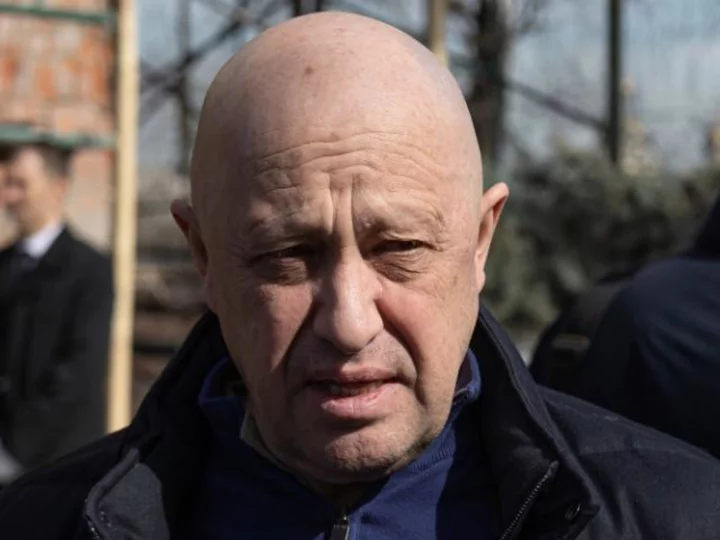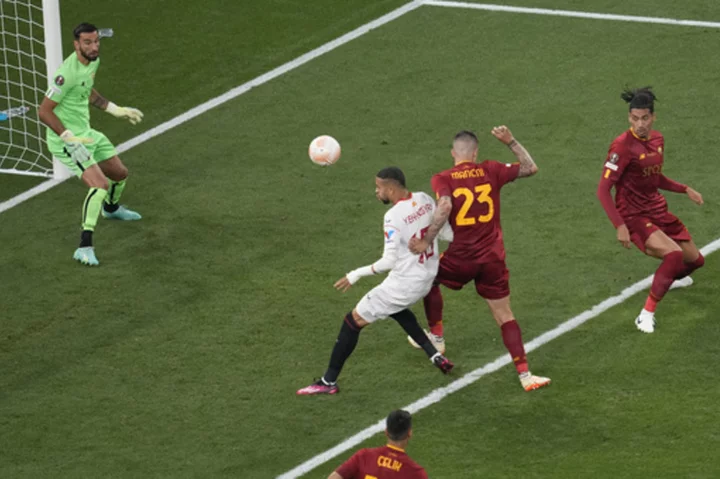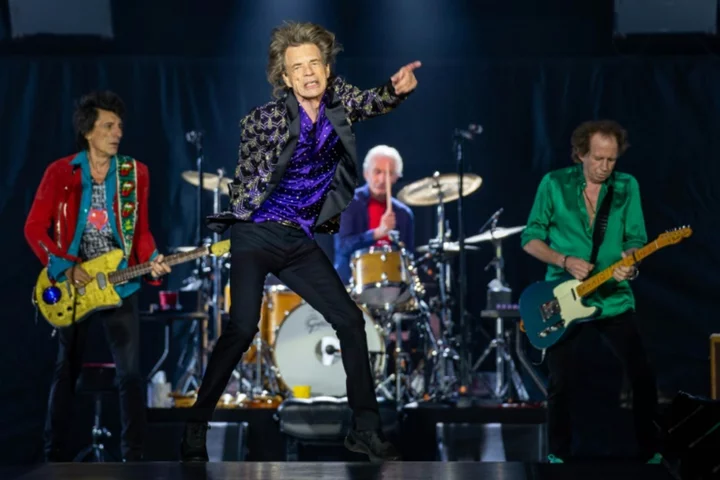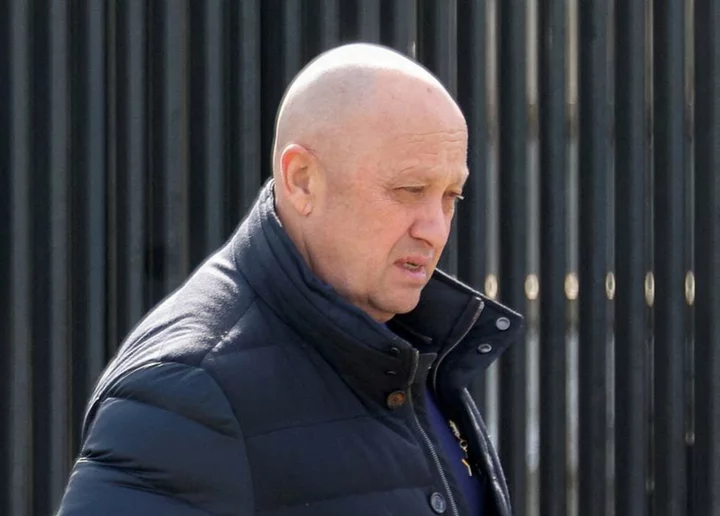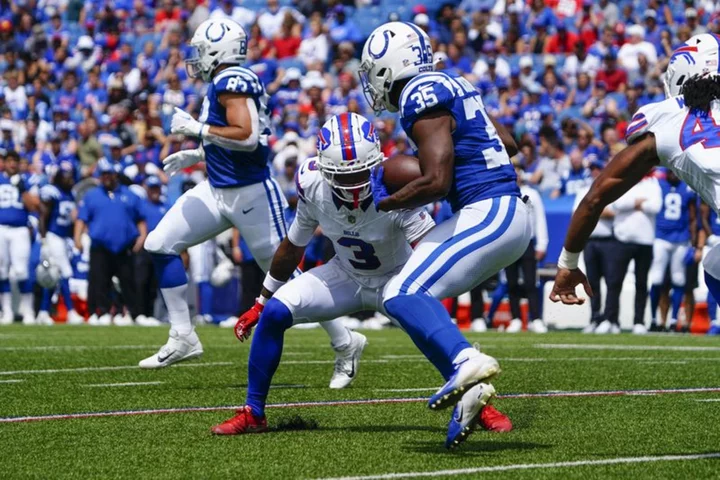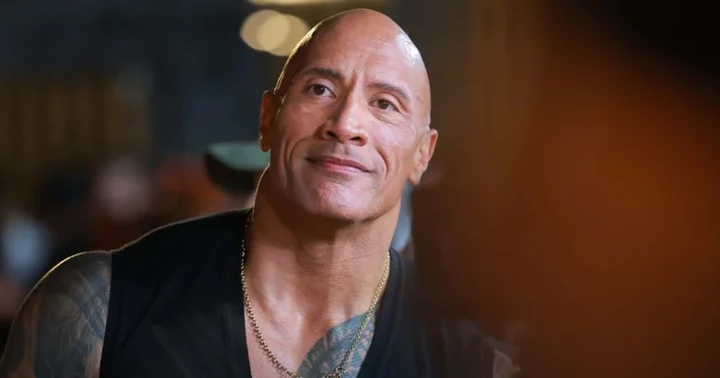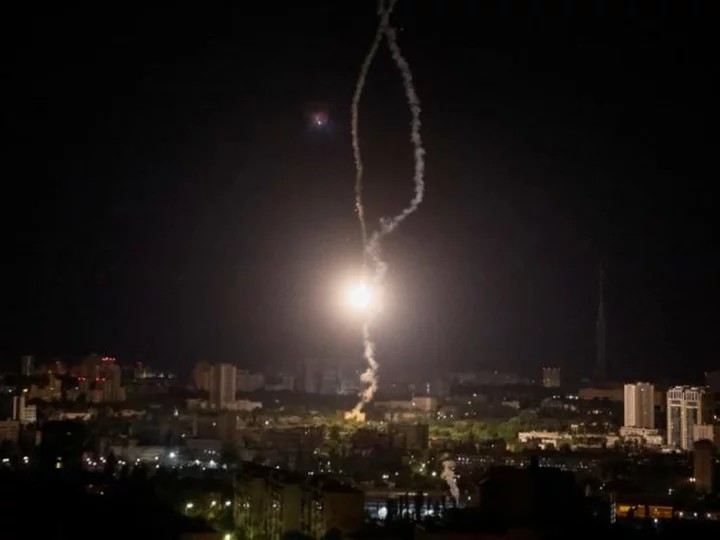Yevgeny Prigozhin is the founder and bombastic leader of Russia's private military group Wagner. His organization is now in the midst of an apparent insurrection, after claiming control of military facilities in two cities and threatening to march on Moscow.
Prigozhin was once a close ally of Russian President Vladimir Putin, but the Kremlin leader has now vowed punishment on those involved in "an armed rebellion."
Typically a figure who has preferred to operate in the shadows, Prigozhin and his fighters were thrust into the spotlight following Russia's invasion of Ukraine last year, with Wagner mercenaries playing a key role in multiple battles.
Putin and Prigozhin share relatively humble beginnings, and the Wagner chief grew up in the tougher neighborhoods of St. Petersburg, also the president's hometown.
The men have known each other since the 1990s. Prigozhin became a wealthy oligarch by winning lucrative catering contracts with the Kremlin, earning him the moniker "Putin's chef."
His apparent transformation into a brutal warlord came in the aftermath of the 2014 Russian-backed separatist movement in the Donbas in eastern Ukraine.
Prigozhin founded Wagner as shadowy mercenary outfit that fought both in Ukraine and, increasingly, for Russian-backed causes around the world.
CNN has tracked Wagner mercenaries in the Central African Republic, Sudan, Libya, Mozambique, Ukraine and Syria. Over the years they have developed a gruesome reputation and have been linked to multiple human rights abuses.
After Russia's 2022 invasion of Ukraine the group was thrust to center stage. Wagner forces were heavily involved in taking the Ukrainian towns of Soledar and Bakhmut.
As the regular Russian army campaign was bogged down by setbacks and disorganization, Wagner fighters appeared to be the only ones capable of delivering tangible progress for the Russian side.
Dilemma for Putin
Known for its disregard for the lives of its own soldiers, Wagner's brutal and often lawless tactics are believed to have resulted in high numbers of casualties, as new recruits are sent into battle with little formal training -- a process described by retired United States Lt. Gen. Mark Hertling as "like feeding meat to a meat grinder."
Prigozhin has used social media to lobby for what he wants and often cast himself as competent and ruthless in contrast to the Kremlin's military establishment.
In recent months, Prigozhin has created a dilemma for Putin by becoming an outspoken critic of Russia's military leaders.
In one particularly grim video from early May, Prigozhin stood next to a pile of dead Wagner fighters and took aim specifically at Russian Defense Minister Sergei Shoigu and chief of the Russian armed forces Gen. Valery Gerasimov.
"The blood is still fresh," he says, pointing to the bodies behind him. "They came here as volunteers and are dying so you can sit like fat cats in your luxury offices."
After complaining for well over a month of receiving insufficient support from the Kremlin in the grueling fight for the eastern city of Bakhmut, he announced in May that his troops would withdraw.
Now, Prigozhin has launched an all-out rebellion against the Kremlin -- after his increasingly outrageous outbursts sparked speculation that he could be going too far.
The Wagner mutiny began when Prigozhin unleashed a new tirade against the Russian military on Friday and then marched his troops into the Russian city of Rostov-on-Don.
Staring down a sudden and staggering escalation of internal tensions that have simmered for months, Putin called Wagner's actions "treason."
"It is a stab in the back of our country and our people," the president said in an address to the nation on Saturday.
Prigozhin responded on Telegram saying that Putin was "deeply mistaken."
"We are patriots of our Motherland, we fought and are fighting," the Wagner chief said in audio messages.

